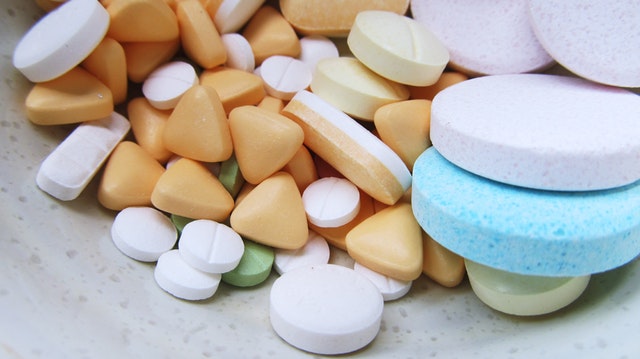By Melinda Maryniuk, MEd, RD, CDCES
Taking diabetes medicines as prescribed is probably the single most important thing a person can do to manage their diabetes. Eating a healthy meal plan and getting regular exercise are certainly important – but if someone is not taking their medicines, all the other good things they are doing will not work as well.
If you have trouble remembering to take your medicines from time to time – know that you are not alone! There are several things you can do to help you be successful. It’s important to: establish a routine, keep good records and talk with your healthcare provider.
Establish a routine:
It’s common to forget to take medicines. Using reminder aids can help. Here are some tips that many people find helpful:
- Link taking medicines to other daily activities – such as eating breakfast or dinner, or brushing your teeth.
- Set your phone alarm. This can serve as a daily medication reminder. Choose a special ring tone so you’ll quickly remember what it’s for, and set it up to ring daily.
- Turn your pill bottle upside down. After you’ve taken your daily dose, flip over the bottle. At the end of the day, turn them right side up to be ready for the next day!
- Use a pill box. Sort your different medicines into compartments so you know exactly what to take on each day, and in the morning or the evening. Look at the pill box options available and choose the one that’s best for you. Just make sure that each of your medicines is okay to go in a pill box, as it’s not recommended for all medications.
- Use an app. Consider one that’s free, like: MyMeds, Medisafe, or Mango Health.
Keep good records:
Keep track of your medicines on our handy log (or a small notebook). Share this information with your spouse, as well as your healthcare provider. Often, medicines can be prescribed by different providers and they may not always know what other medicines or supplements have been prescribed prior. Be sure to include any supplements (herbs, vitamins, etc.) you take on a regular basis so your healthcare team & pharmacist is aware of everything you’re currently taking. Download a copy of our medication log here.
Talk with your healthcare provider & pharmacist:
If you are having trouble remembering to take all the medicines you’ve been prescribed or if you are experiencing side effects, be sure to talk with your physician or healthcare provider. There might be an extended release pill, or a combination medicine that can help.
Special reminders if you take injections:
- Inject in different locations – and not the same spot every day. Rotate between the abdomen, the fattier part of your upper arm, your outer thigh, and buttocks.
- Insulin that is in use can be kept at room temperature. You only need to store unopened vials or pens in the refrigerator.
- Don’t use any injected medicine that is past the expiration date.
The medical information on Diabetes – What To Know’s website is provided as an information resource only. The content is not in any way intended to be nor should you rely on it as a substitute for professional medical evaluation, diagnosis, advice and treatment.

